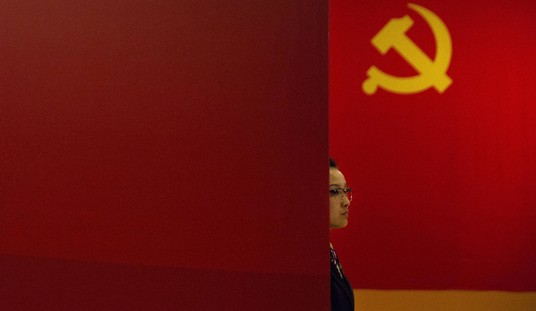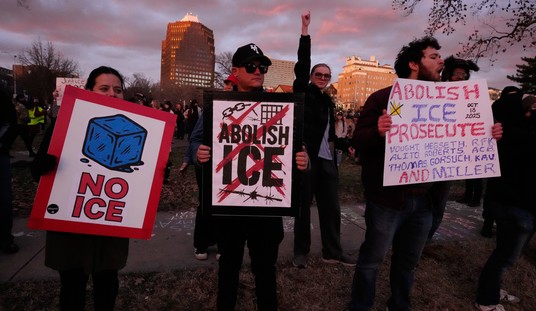When I previewed the Supreme Court’s choices in the faithless elector cases of Chiafalo v. Washington and Colorado Department of State v. Baca, I attempted to highlight the conflicting urges to honor the results of valid elections and respect the intentions of the Founders when they wrote the Constitution. That conflict appeared to be on display yesterday when the justices heard arguments in both cases. Attorneys for the electors in question consistently argued that the states were given no role in controlling the actions of the electors once they’ve been selected. But several of the justices, both conservative and liberal, sounded dubious about that argument at best. The arguments also included the invocation, probably for the first time ever, of the name of a character from The Lord of the Rings. (NBC News)
But several members of the court seemed concerned that if electors are free agents, they could end up deciding who wins when the popular vote for president is very close.
“The consequences could be chaotic,” said Justice Samuel Alito. “When there’s an election with a small margin of victory, there would be a concerted campaign to change the vote of a few electors.”
Justice Brett Kavanaugh said judges should avoid creating turmoil when legal issues are close ones.
“We shouldn’t facilitate or create chaos,” he said.
The normally silent Clarence Thomas was the one who invoked a J. R. R. Tolkien character, asking plaintiffs’ attorney Lawrence Lessig if there was nothing the state could do if an elector decided to cast a vote for Frodo Baggins. But it wasn’t just the conservative justices pushing back on Lessig’s theory. When he pointed out that there is nothing in the Constitution giving the states authority to restrict how an elector can vote, Elena Kagan was one of the justices who declared that there was also nothing specifically preventing them from doing so. In that case, she said, “If there’s silence, maybe the best thing to do is leave it to the states.”
But the Justices also weren’t entirely against free will for the electors, either. As Kevin Daley points out at the Free Beacon, at least some of them seemed to find a warning about partisan manipulation of the electors persuasive as well.
Yet the Court was also broadly eager to identify the limits on state power over members of the Electoral College. Lessig warned that making electors “minions” of each state would open the door to partisan manipulation.
“If you find the state has the power to regulate electoral votes, may the state forbid the elector from voting for a candidate who has not visited the state, who has not released his tax returns as bills in New Jersey and New York purport to do, or has not pledged to appoint justices who will uphold Roe?” Lessig asked. “Open this door and there are an endless list of partisan opportunisms that will tempt the states.”
Those final questions from Lessig were clearly targeted at the conservative justices without directly saying so. He invoked the prospect of states passing laws forbidding their electors from voting for a candidate “who has not released his tax returns” (an obvious reference to President Trump) or vowing to uphold Roe v. Wade. That may have sent a chill down the spines of at least four or five of the justices.
In keeping with what I previously wrote, I still find the “chaos” argument unpersuasive for the most part. Elections can be rather chaotic events even when they run smoothly, and that’s probably by design. Just being afraid that you won’t like the result of the electors’ choices doesn’t change the words of the Founding Fathers. And as we’ve noted before, they debated the idea allowing electors to decide the results of presidential elections while the document was being drafted. Hamilton wrote at length in Federalist 68 about the need for only “men most capable of analyzing the qualities adapted to the station” to decide who should be president. And given the final text of the Constitution, it appears that his arguments carried the debate.
But if we have to find some constitutional path to supporting the rights of the states to control how electors vote, maybe the argument Kagan put forward carries at least some weight. Saying that the Constitution doesn’t specifically forbid such actions by the states is rather weak tea. It lists the things that the government can do, not what it can’t. But since the Founders didn’t see fit to grant the federal government the power to control how the electors vote, we might be able to fall back on the Tenth Amendment and define such power as being “reserved to the States respectively, or to the people.”
I honestly don’t know. But we probably won’t have too long to wait. A decision in these cases is expected in July.








Join the conversation as a VIP Member